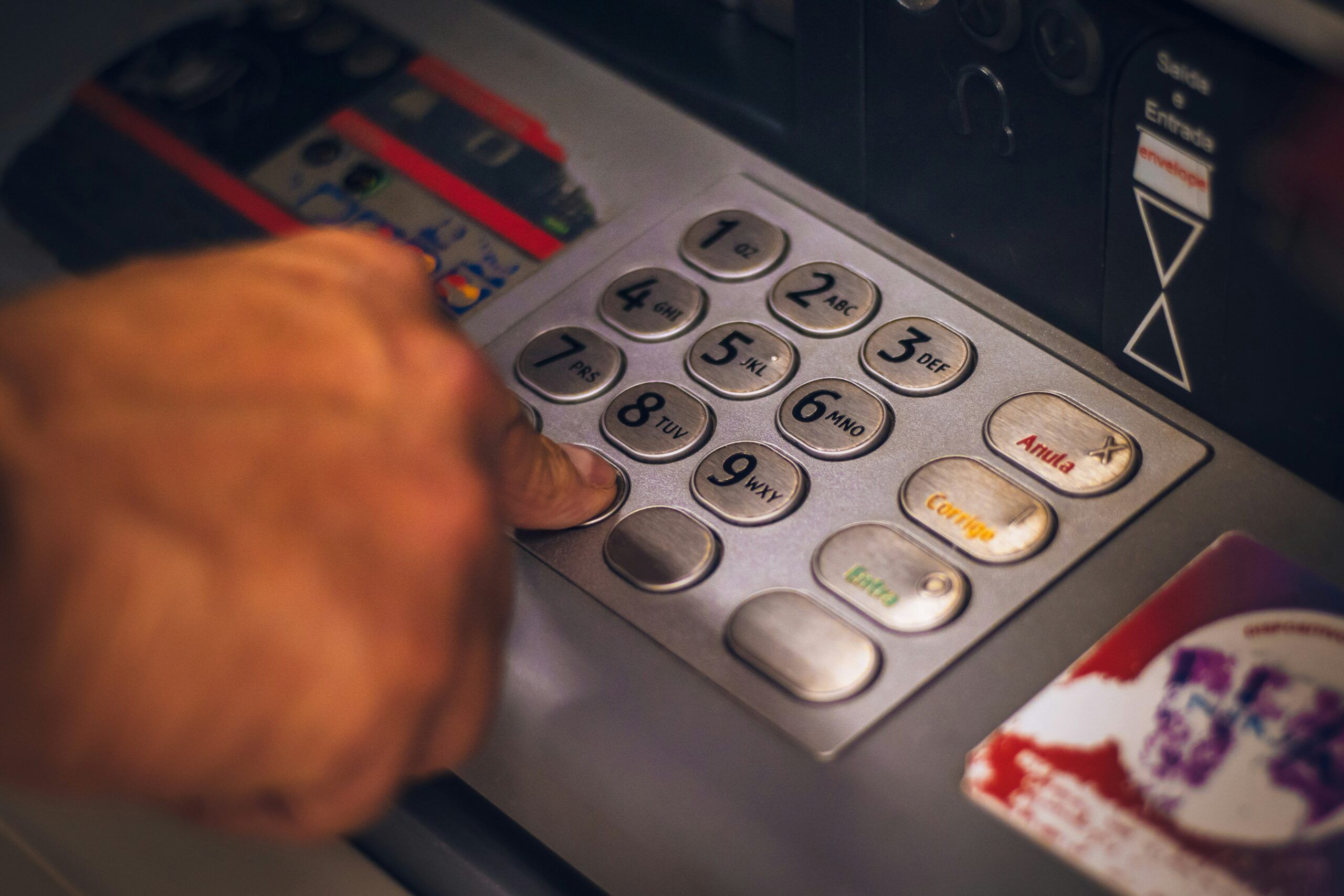
The Debanking Crisis and How to Rebuild Financial Confidence
A new financial phenomenon has in recent years swept through the financial world and it is known as “DEBANKING”. Debanking occurs when a bank, at any time and in any place, closes a corporate, personal, or private account – or refuses to open one – without warning or providing any plausible or straightforward reason. Banking clients may have been with their bank for a short period of time or may have been with them for years, but the client can wake up one morning to find they have no banking facilities.
This means no cash or debit card, no visa card, any banking facilities will have been cancelled, they have been financially frozen out of the system, and there is nothing clients can do about it; there is no recourse. What many citizens and corporates across the globe don’t know is that debanking is not just an internal compliance issue when fraud, money laundering, terrorist funding or other criminal or illicit activity is discovered. Indeed, the innocent, law-abiding (never even has a parking ticket) individuals or entities can be kicked out without any due process; there is no appeal.
A question many in the financial industry have been asked is “When did debanking start”? The answers are somewhat fuzzy, but in essence the concept of debanking, particularly in a political or disruptive motivated context, never really had a fixed beginning date. It is a theme or phenomenon that has occurred throughout history evolving over time but has gained much traction and press awareness in recent years. Indeed, a high-profile debanking event took place in the United Kingdom when in 2021 NatWest Bank debanked a senior British political figure, Mr Nigel Farage MP* leader of the Reform Party.
*Nigel Farage – Nearly two years after NatWest Group closed his accounts at their wholly owned private wealth subsidiary Coutts & Co, the then CEO Dame Alison Rose resigned. Although the bank said the account was closed due to Mr Farage accounts falling below the required thresholds, Mr Farage obtained a document stating that the bank were at odds with his political views. The case was settled privately where the bank paid Mr Farage an out of court settlement, but political motivation in the case was never proved.
The Farage case highlighted the problems innocent individuals and entities face in today’s banking world. In the United Kingdom alone, in 2024 circa 408,000 were closed without appeal as opposed to 45,000 in 2016 – 2017. The same is happening in the United States, Europe and elsewhere in the world. The main focus on account closures by banks are se workers, (legal in the UK), migrants, refugees, those with poor financial histories, the homeless, PEP’s (Politically Exposed Persons), small business and those with links to crypto, (especially prevalent int the United States in recent years).
To this end, IntaCapital Swiss SA Geneva, will be pleased to hear from any high-net-worth individuals who have suffered the ignominy of having their banking facilities removed without any reasons given, with absolutely no chance of appeal or access to a recourse process.

Other facilities
IntaCapital Switzerland | Copyright © 2025 | All Rights Reserved